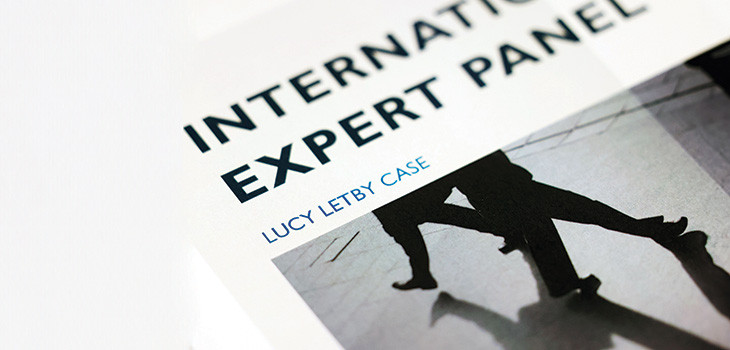
It has been 25 years since the publication of Richard Nobles and David Schiff’s Understanding Miscarriages of Justice (2000) exploring ‘the pattern of repeated crisis and reform’ in our justice system. A one-day conference is being organised in May at Queen Mary University, London to mark the anniversary. Nobles and Schiff drew on analysis of media coverage of miscarriages over a ten-year period starting in 1987 as wrongful convictions unraveled. Scandals dominated headlines, fired up public outrage, and led to reforms to fix a broken justice system.
The criminal justice system was self-evidently ‘in crisis’; but, Nobles and Schiff argued, was it? Putting to one side the book’s intimidating theoretical moorings (autopoietic systems theory, anyone?), the authors blamed journalists for their overheated coverage of miscarriages contributing to ‘episodic perceptions’ that our justice system was in crisis. They posited a miscarriage of justice ‘cycle’:









